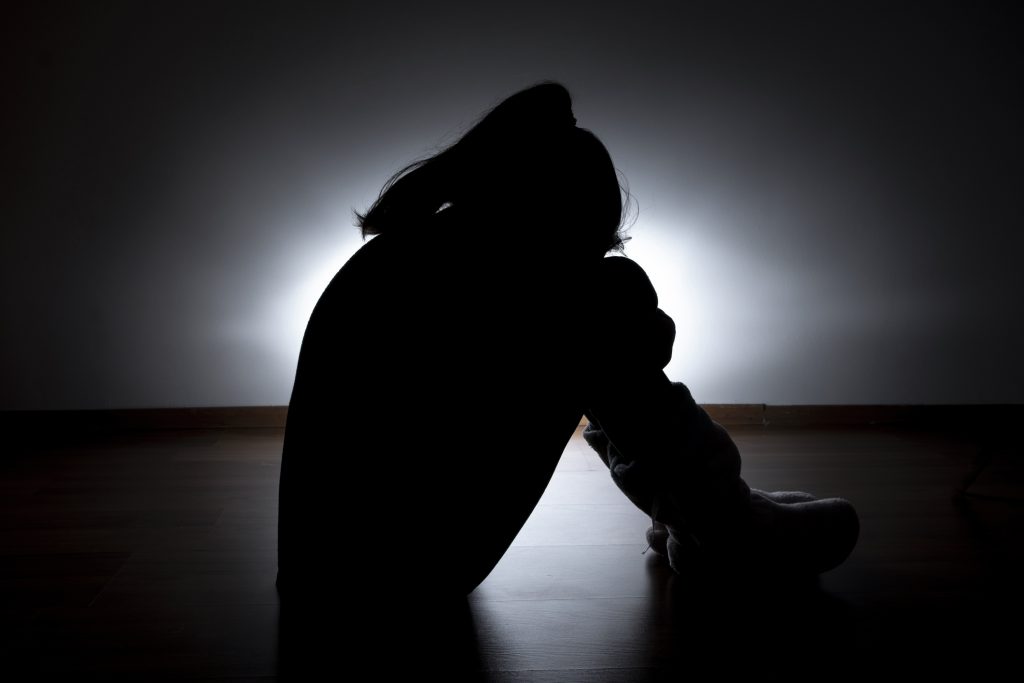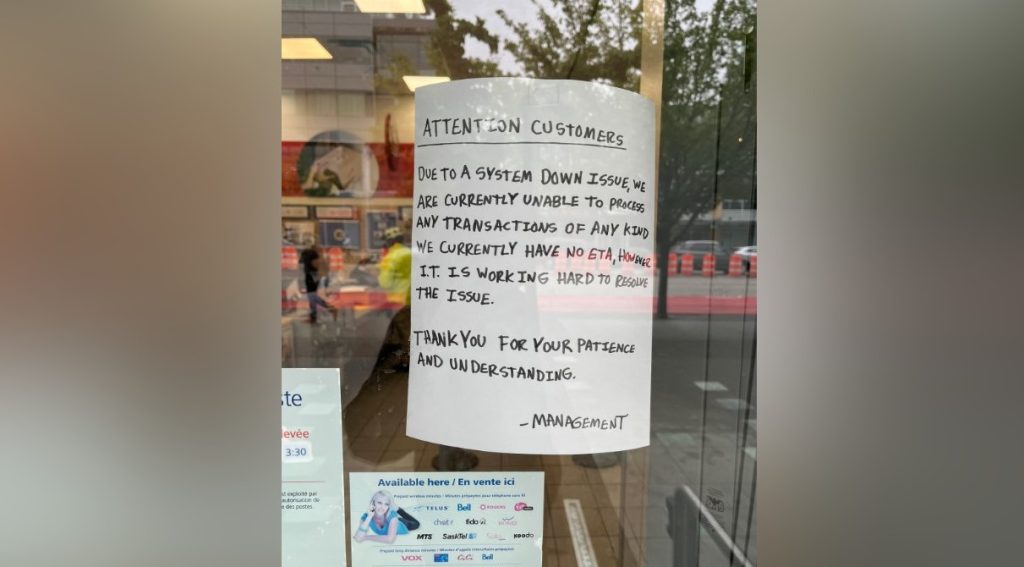Advocates declare ‘code pink’ to draw attention mental health crisis facing children

Posted May 19, 2021 11:42 am.
Last Updated May 21, 2021 1:55 pm.
OTTAWA — Canada’s top children’s hospitals and advocates say the country is facing a pediatric mental health crisis — and governments need to act swiftly to support struggling kids.
Several children’s health organizations are declaring a #CodePINK to draw attention to a sharp increase in substance abuse calls and suicide attempts in kids.
The organizations involved include Alberta Children’s Hospital Research Institute, Canada’s Children’s Hospital Foundations, CHEO, Children’s Healthcare Canada, Holland Bloorview Kids Rehabilitation Hospital, McMaster Children’s Hospital, The Hospital for Sick Children (SickKids) and the Young Canadian’s Health Roundtable.
Organized by Children First Canada, they are urging provincial and federal governments to address what they say is an alarming shift in kids’ well-being.
The collective says school closures, a lack of access to sports and recreation activities, and isolation from friends have had a staggering impact on the country’s kids.
READ MORE: More Canadians leaning on drugs, alcohol to push through pandemic: survey
Suicide attempts have increased by 100 per cent since March of last year, substance abuse-related hospital admissions have increased by 200 per cent, and more kids and teens are seeking emergency care.
Advocates also say seven in 10 kids between six and 18 years old report that the pandemic has harmed their mental health.
The CHEO says child abuse rates have risen sharply, with a 100 per cent increase in fractures or head trauma cases in infants.
“We’re declaring a #CodePINK because kids are in a state of crisis and we are calling for an emergency response,” said Sara Austin, founder and CEO of Children First Canada. “Their physical and mental health needs are escalating daily, and the impacts will be felt for years to come.
“The crisis is particularly impacting the most vulnerable, including First Nations, Métis and Inuit children, Black and other racialized children, and children and youth with disabilities and complex medical needs.”
Advocates say the crisis cannot be ignored any longer.
“Our hospitals are filling with new mental health cases, and already long wait lists for surgeries and medical treatment are growing further,” said Kathleen Taylor, immediate Past Chair of SickKids Foundation in a release. “We cannot afford to treat children’s access to care as elective – it is essential for their bodies and minds to grow and develop. We have a moral and economic imperative to do more right now. Our collective future depends on it.”
READ MORE: Indigenous minister says more must be done to support First Nations mental health
The group is hoping governments can give some much-needed support to the health care sector so that hospitals can better help kids in crisis situations.
“As healthcare providers, we are stretching ourselves to ensure not one single child falls through the cracks, but we know our efforts are not enough,” said Dr. Ronald Cohn, president and CEO at the SickKids Hospital. “The time has come for rapid and sustained government funding to not only fill the gaps but build a better system for children in a post-pandemic world.”
Dr. Sheri Madigan is an associate professor in psychology at the University of Calgary. She says isolation is afflicting younger generations- at a time when they are less developmentally able to cope.
“They don’t have routines necessarily anymore and they’re in isolation,” said Madigan. “And, we know that social isolation is strongly linked to mental distress.”
Meanwhile, Kimberly Moran, CEO of Children’s Mental Health Ontario, says priority needs to be given to the children in the midst of the third-wave of the pandemic.
“We shouldn’t see retail establishments or other nonessential businesses open before schools because our kids’ mental health is really at risk.”








